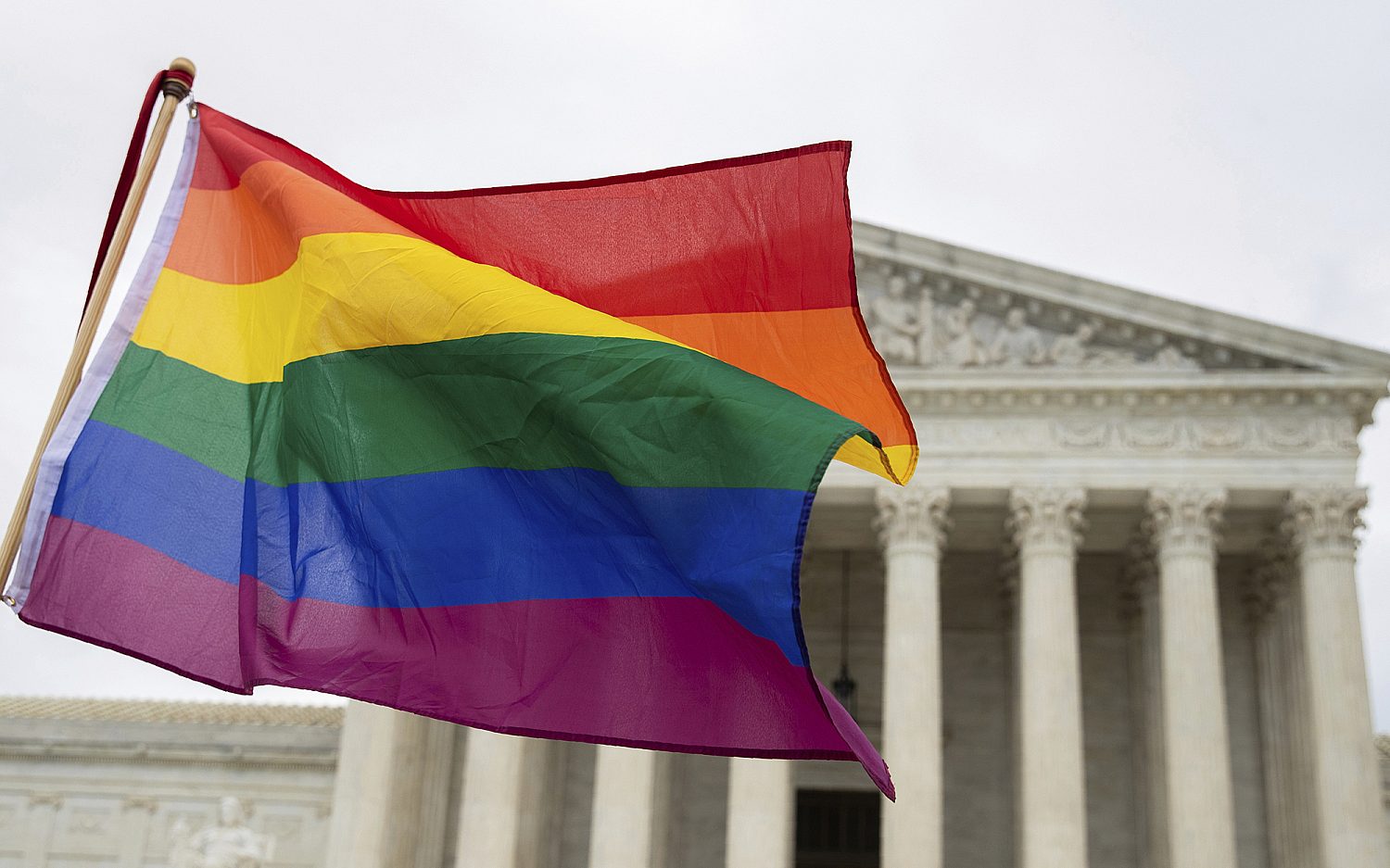South Sudan's food crisis 'worst in the world'
Dangers of starvation plague a country full of resources, as civil war continues
Every summer across Africa, anxious farmers scan the skies, hoping clouds will grow dark and rain will fall hard on freshly planted crops critical for the year’s food supplies.
But this summer in South Sudan, the reality is brutal: The rains have fallen, but they’ve soaked into fields left unplanted after at least 1 million South Sudanese citizens fled their homes during a civil war that has worsened during the last six months.
In the world’s newest country, the soil is wet, but barren.
By early August, the United Nations reported South Sudan faced the worst food crisis in the world. The aid group Care International warned the crisis could reach “catastrophic levels,” as violent conditions make planting crops difficult and delivering food aid perilous in many regions. As many as four million residents—a third of the country’s population—could face severe food shortages, and as many as 50,000 children could die of hunger.
It’s a bitter irony for a country full of fertile land.
When I first visited South Sudan in 2008, civilians displaced by 20 years of brutal civil war with the Islamist north were just beginning to return to the homelands they had fled decades earlier. It was a wilderness, but ripe for the harvest.
I visited the country with William Levi, a U.S.-based missionary who grew up in South Sudan before fleeing violence in the 1980s. During his first visit back to his childhood village after nearly two decades away, Levi and a small group of men hacked their way through thick bush before reaching the overgrown settlement.
Levi soon established a new village for returning South Sudanese citizens—including many in his own family—near the dusty road that stretches north to the capital city of Juba.
The new home place—supported through the work of Levi’s Christian ministry Operation Nehemiah—includes a church, a well, medical supplies, a radio station, and fields brimming with crops of vegetables and fruits. During our 2008 visit, we watched as villagers tended new banana plants, cultivated honeybees, and tilled rich soil to plant cassava. Levi told the returning villagers South Sudan could be “the bread basket of Africa.”
Five years later, the clouds turned dark again. In December, fighting erupted between forces loyal to President Salva Kiir and former Vice President Riek Machar. Political infighting morphed into ethnic warring, as militias from the leaders’ rival tribes turned on each other. Thousands have died and more than 1 million have fled their homes. Many left the country, and some wonder if they’ll ever return.
International leaders have pleaded with South Sudanese officials to reach a peaceful agreement, but ceasefires only last for short periods before fighting erupts again. The United States has pledged $180 million in food aid to help with the growing hunger crisis, but U.S. national security adviser Susan Rice was blunt in her assessment: “The people of South Sudan are suffering because of the inability of South Sudan’s leaders to put their people’s interests above their own.”
Meanwhile, aid groups have continued to try to deliver relief in often-harrowing conditions. Militia members killed at least six South Sudanese aid workers during targeted raids near the north-south border in July. The United Nations reported all the slain workers were members of the Nuer tribe—the group rebel leader Machar belongs to. The UN warned the killings would have “a very drastic and adverse impact” on the ability of relief groups to deliver aid to the area.
Other work continues. Levi, who is based in America, returned from a two-month visit to South Sudan in May, and reported safe conditions in the village he helps near the border with Uganda. Levi led Bible studies and worship services, visited family, hosted radio programs broadcast to solar-powered radios provided to residents by the ministry, and checked on the micro-businesses and crops he hopes will continue to feed the community and others in need.
He remains committed to the work, and so does his family. Levi’s wife and six children accompanied him on the trip, despite the risks. “From a human perspective, South Sudan is considered a no go,” he wrote after his return.“But as the Bible says, the just shall walk by faith and not by sight. … We concluded that no matter what happened to us out there, our lives are in the hands of Almighty God who directs our steps.”
WORLD has published a list of aid agencies assisting displaced Christians in Iraq.
An actual newsletter worth subscribing to instead of just a collection of links. —Adam
Sign up to receive The Sift email newsletter each weekday morning for the latest headlines from WORLD’s breaking news team.





Please wait while we load the latest comments...
Comments
Please register, subscribe, or log in to comment on this article.